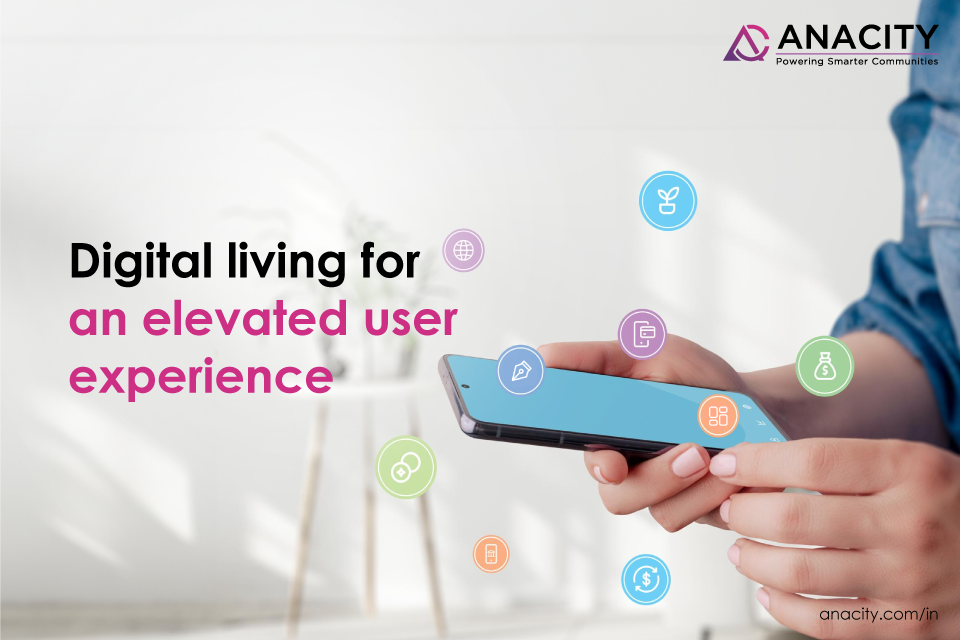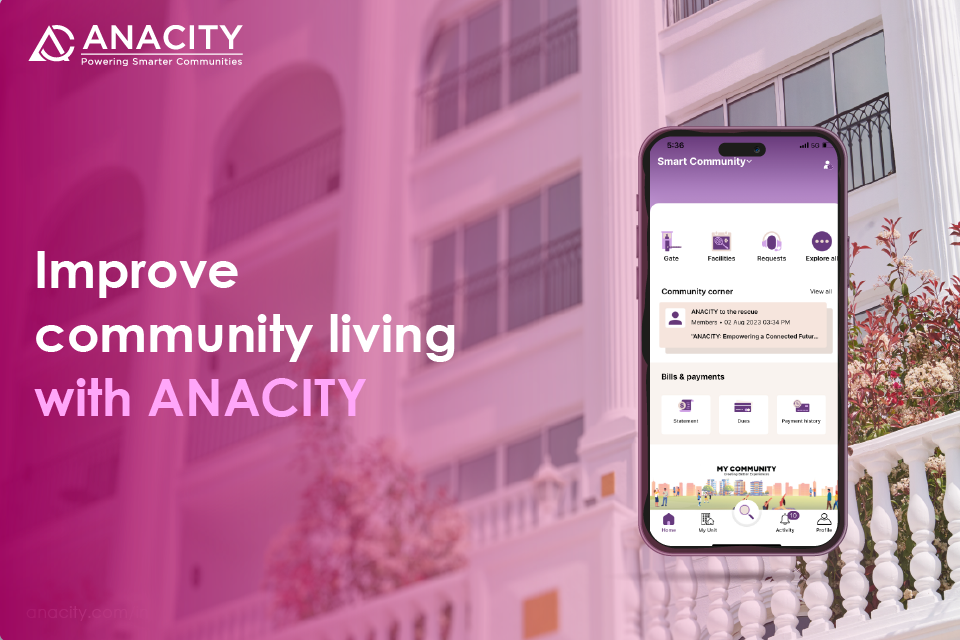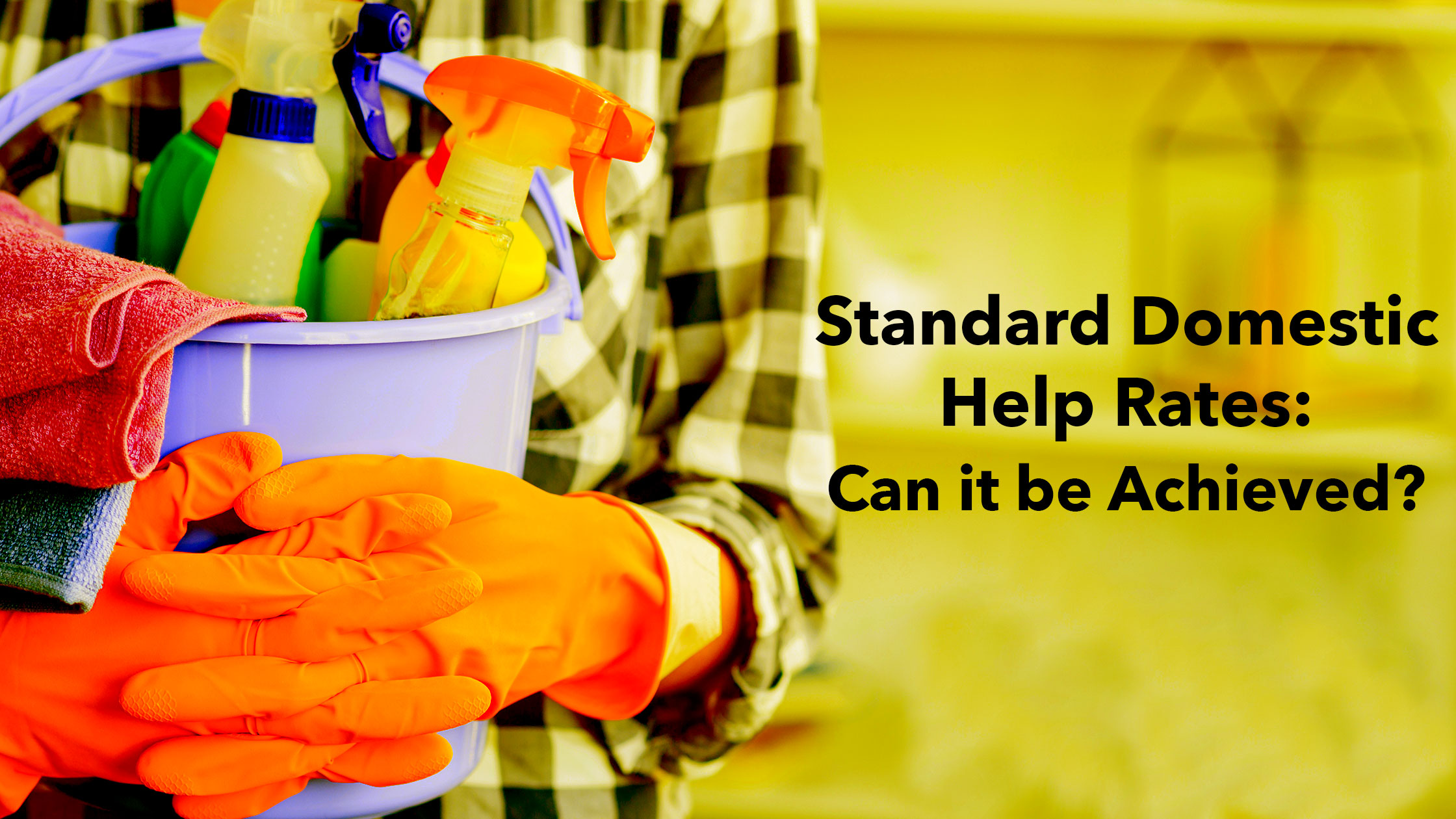8
Mar, 2019
Women’s Day Special: Exclusive interview with Super Women at ApnaComplex
Apartment, Apartment Accounting Software, Apartment Association Acts, Apartment Management Software, Apartment Owners Association, Apartment Secuirty, Bangalore, Chennai, Community Living, Facility Management, Federation Management Software, Gatekeeper, Housing Society Software, Hyderabad, Pune, Smart Society, Society Accounting Software, Society Billing Software, Software
9
Jan, 2019



